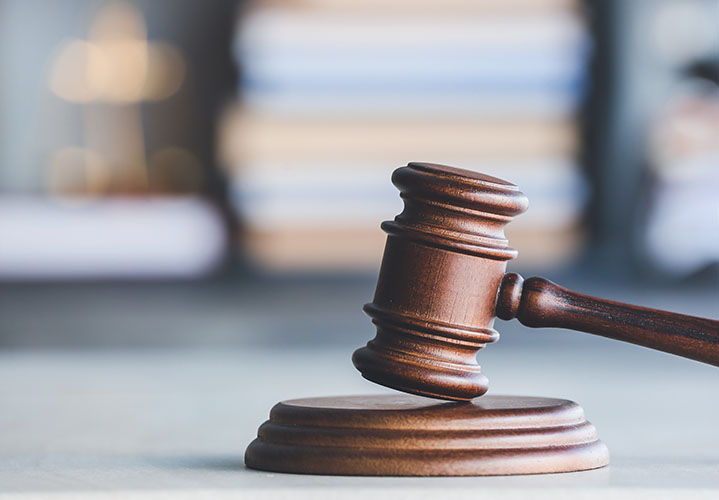Disclosure and witness evidence are often the difference between success and failure in litigation.
Partly because of that, they are also almost invariably the most expensive and time-consuming phases. It may be that the tension between the importance and cost of disclosure and witness evidence drives some litigants to consider costs-cutting measures or even acting improperly. However, three decisions from recent months (two of which were high profile libel cases) serve as important reminders of the potentially disastrous results of doing so.
Cabo Concepts Ltd v MGA Entertainment (UK) Ltd & Anor – disclosure searches go awry
The defendant in this case elected to undertake searches for documents using an internal employee with expertise in the role. Regrettably, however, the employee had no experience of disclosure searches for litigation in this jurisdiction and they chose an unsuitable searching method. This combined with insufficient supervision of the process from MGA’s solicitors led to a “suite” of technical failures, resulting in 800,000 documents being missed from the harvesting process and nearly half the potentially relevant documents not being reviewed. To make matters worse, MGA’s solicitors failed to respond to several “red flags” which would have alerted them to the issues. Consequently, the court was not notified of the problems until three weeks before trial, leading to an eleventh-hour adjournment. The trial was originally due to be heard in June this year, but will now not be heard until October 2024 – a delay of over two years.
The Judge ordered MGA to pay Cabo’s costs thrown away on the indemnity basis. She also ordered that the claimants make a payment on account representing 45% of the just over £1.3m costs Cabo claimed were wasted.
There was no suggestion of any deliberate wrongdoing on the part of either MGA or its solicitors. However, it appears that MGA attempted to save on the costs of the document harvesting exercise that is critical to the disclosure process by seeking to rely on internal staff who were not properly qualified. In attempting to cut costs in the short term, MGA likely incurred significantly more in the long term.
Rebecca Vardy v Coleen Rooney
In the notorious “Wagatha Christie” trial between Rebecca Vardy and Coleen Rooney, Ms Vardy claimed that she had lost WhatsApp messages passing between her and her agent in the process of sending them to her solicitors. In the same month as the court ordered that her agent’s mobile phone be inspected, the agent dropped her mobile phone in the sea causing the loss of the WhatsApp messages. The judge viewed the timing of the dropped phone as “striking” and the reasons given for the loss of the WhatsApp messages by both Ms Vardy and her agent as “improbable”.
The Judge noted that the court could draw adverse influences where a “wrongdoer”’ has parted with relevant evidence, and she drew a number of inferences against Ms Vardy in the course of the judgment. Given the loss of the evidence, we will never know how it may have affected the outcome of the case, but its destruction certainly did not result in success for Ms Vardy, who lost her case and is now faced with an adverse judgment and a likely significant costs bill.
Craig Steven Wright v Peter McCormack
In another high-profile libel case, Dr. Craig Wright, who claims to be the main part of the team that invented Bitcoin, was awarded only £1 in damages in a claim against blogger Peter McCormack. The Judge found that Dr Wright gave “deliberately false” evidence as to the harm he had suffered from Mr McCormack’s libel.
Dr. Wright’s evidence was initially that invitations to speak at academic conferences were withdrawn because of Mr McCormack’s libellous tweets. In the face of compelling counter-evidence from Mr McCormack, however, Dr. Wright filed additional evidence seeking to explain and justify his initial evidence before withdrawing the majority of his initial evidence very shortly before trial. The judge concluded that “Dr Wright’s original case on serious harm, and the evidence supporting it, both of which were maintained until days before trial, were deliberately false” and therefore awarded him only nominal damages.
Comments
The overarching theme of these cases is a simple one: evidence, be it documentary or witness evidence, must be dealt with properly. Disclosure and witness evidence can be expensive, but the court will determine a case based on the evidence before it, so litigants should see it as money well spent.
The Cabo Concepts judgment highlights the consequences of scrimping on disclosure, and the “Wagatha Christie” and “Dr Bitcoin” cases the consequences of manipulating evidence. Any litigants thinking of cutting corners or acting improperly will quickly see from these judgments that those actions don’t pay.
